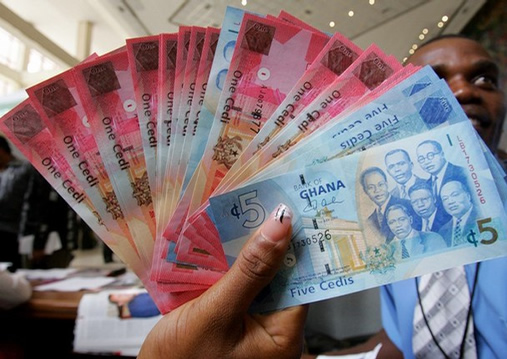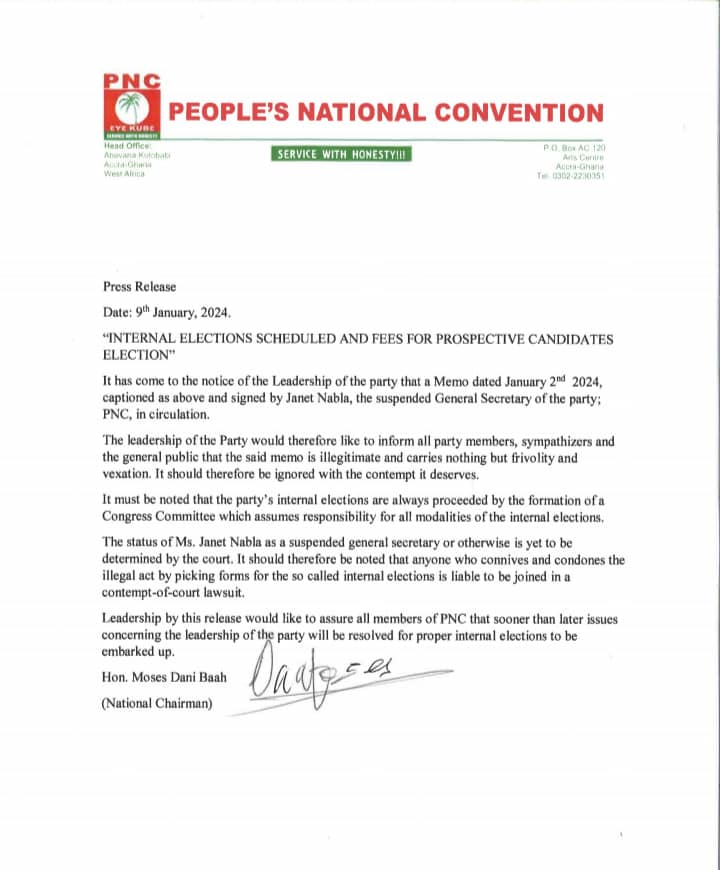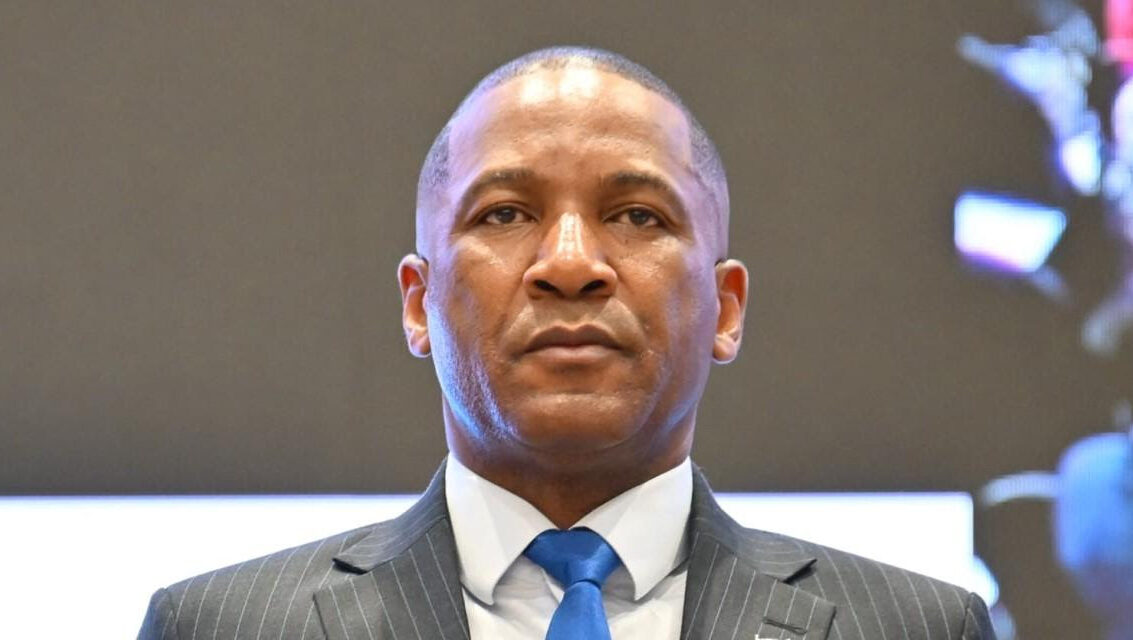
By Joshua Worlasi AMLANU
The cedi’s depreciation has been primarily driven by weak economic fundamentals rather than external shocks such as the COVID-19 pandemic or Russia-Ukraine war, a new study has revealed.
The research, conducted by Professor Alex Annan Abakah of Bentley University, challenges claims by government attributing the country’s economic difficulties to these global events.
Speaking at a policy dialogue organised by the PFM Tax Africa Network titled ‘Is the COVID-19 and Russia-Ukraine War to be Blamed for Ghana’s Current Economic Challenges?’, Professor Abakah presented findings suggesting that the cedi’s depreciation is largely a reflection of structural weaknesses in the economy.
Cedi’s performance in 2024
In the first nine months of 2024, the Ghanaian cedi depreciated by 28 percent year-on-year against the U.S. dollar compared to a 9.78 percent decline during the same period of 2023. This continued depreciation has been due to strong corporate demand for dollars and shifts in investor sentiment following the U.S. Federal Reserve’s monetary policy decisions.
The Fed’s move to implement only one rate cut instead of the anticipated two kept the dollar index strong, making US$-denominated assets more attractive.
Impact of COVID-19 and Russia-Ukraine war
The research attributes only 11 percent of cedi-depreciation to the COVID-19 pandemic, while finding that the Russia-Ukraine war had no significant effect on the currency.
The research highlights that the two warring nations’ currencies appreciated against the cedi during the period under review. By contrast, weak economic fundamentals accounted for an impact nearly four times greater than that of the pandemic.
Prof. Abakah highlighted a stark comparison with Kenya, where the post-COVID depreciation of the Kenyan shilling was 21.17 percent compared to the Ghanaian cedi’s 104.69 percent.
“External shocks like COVID-19 undoubtedly affect all economies,” he explained. “However, the extent and duration of such impacts depend on the strength of a country’s economic fundamentals. Countries with weak fundamentals experience larger impacts over a longer period before recovery.”
Insights on Ghana’s economic weaknesses
The study pointed to Ghana’s high interest-to-revenue ratio as a key indicator of its economic challenges. In 2022, this ratio stood at 47.27 percent, surpassing pre-HIPC (Heavily Indebted Poor Countries) levels. This meant nearly half of every cedi generated in revenue was spent servicing debt interest – leaving little room for investment in infrastructure, human capital or other productive areas.
The findings also revealed that during the Russia-Ukraine war period, the Ghanaian cedi depreciated by 128.26 percent, compared to the Kenyan shilling’s 25.66 percent decline.
“The data show that Ghana’s economic struggles cannot be squarely blamed on the war or pandemic. Instead, it underscores the urgent need to address internal weaknesses,” Prof. Abakah said.
The research highlighted a need for government to legislate fiscal discipline by implementing a debt ceiling and aligning expenditure with revenue to prevent fiscal overruns.
It also emphasised prioritising investment in infrastructure and human capital development over consumption to drive future revenue and job creation. Additionally, the study called for leveraging natural resources to support industrialisation, modernising agriculture to ensure food security & long-term growth and adding value to local produce to reduce reliance on imports.
To improve currency stability, the study advocated strict enforcement of foreign exchange regulations, discouraging dollarisation and controlling repatriation of foreign company profits.
Prof. Abakah stressed the importance of good governance, including anti-corruption measures and effective budget monitoring systems as well as fostering a stable and transparent economic environment to build resilience against external shocks.
“These measures can reduce the economy’s reliance on external borrowing, enhance local production and create a more resilient economic framework,” Prof. Abakah noted.
Prof. Abakah emphasised that while external factors like a stronger dollar exert pressure, the impact on Ghana is exacerbated by domestic economic weaknesses.
“When fundamentals are weak, the effects of global shocks are amplified. Strengthening these fundamentals is the only sustainable path to currency stability and economic resilience,” he said.
The post Fundamentals, not external shocks, driving cedi depreciation – Prof. Abakah appeared first on The Business & Financial Times.
Read Full Story













Facebook
Twitter
Pinterest
Instagram
Google+
YouTube
LinkedIn
RSS